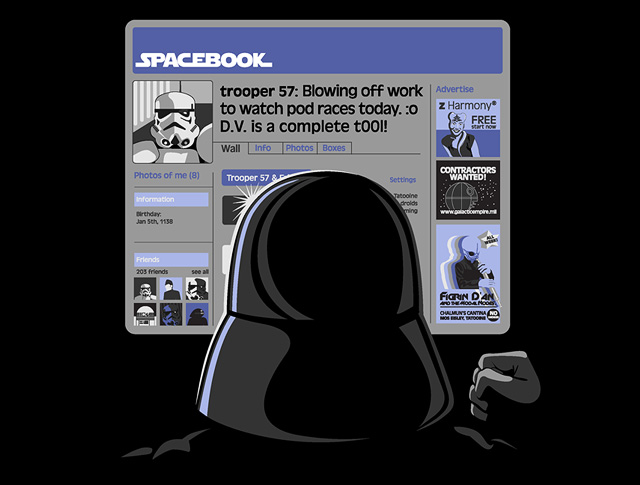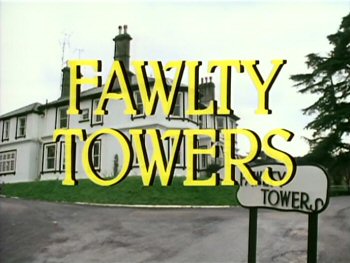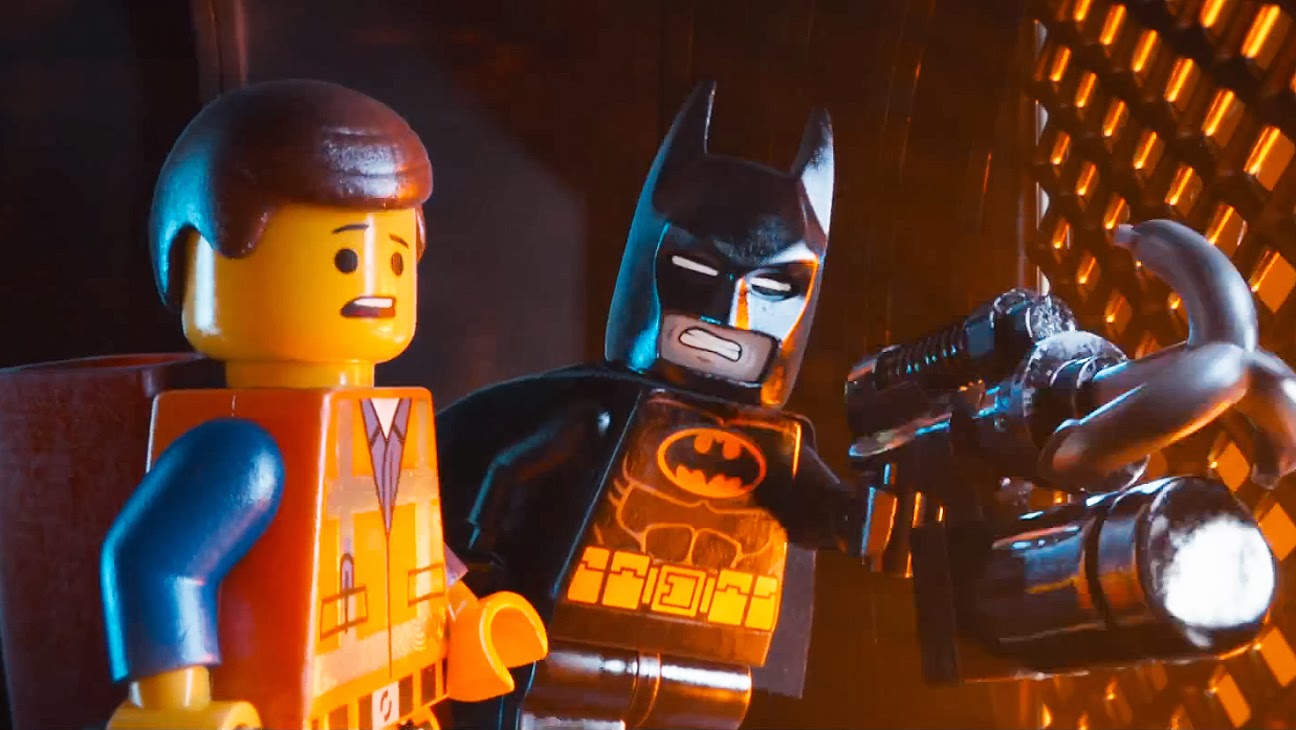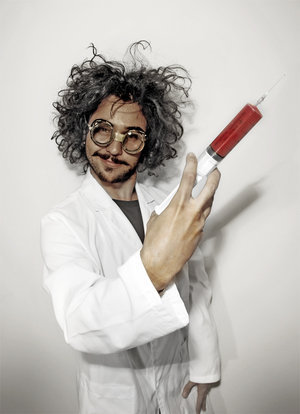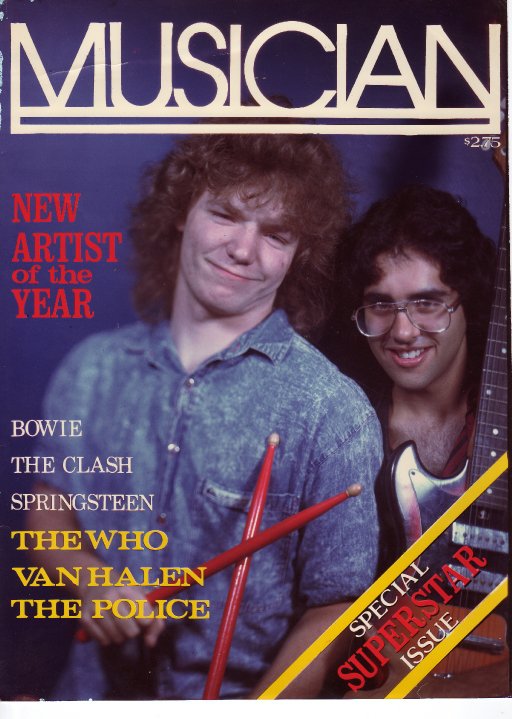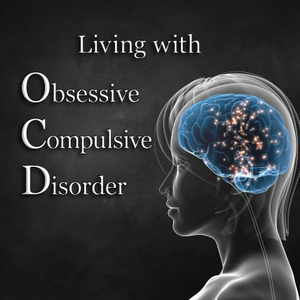The author has an ego that sometimes swells beyond acceptable levels. OCD fuels the fire. Written in December, 2009 and just as real now as it was then.
Mood music:
http://youtu.be/Mw0vrH9SPzU
Last night I got on here to explain that sometimes OCD is good for me, in the sense that it provides fuel for my professional ambitions. Some might look at the post and think I was letting vanity take over.
Truth is, I was. And I do it often.
I’m the first to admit that humility isn’t one of my strong suits. I’m working on it, because as a Christian that’s what I need to do. I’ve always been a better talker than listener. I’m going to work on that or die trying.
Before I get too serious about it, it’s worth noting that a lot of OCD types have big egos. Achieving big things is one of the ways we try to fill in that hole that’s always dogging us. In my profession, getting access to the major power players of information security is a rush. I feel like I am somebody as a result. When I don’t make it to a big security conference, the wheels in my head start spinning. I start to worry that by not being there, I become irrelevant.
When I make it someplace and score, like the time I was able to corner Bob Woodward of Washington Post/Watergate fame at a conference in Florida four years ago, I can be insufferable for months. In that encounter, Woodward was there to deliver a keynote on the state of security. His forte was the larger war on terror and how the Bush White House was waging it. He needed to bone up on the IT aspect and started asking me about antivirus and firewalls, and whether those things really work. Later, during the Q&A part of his keynote, when someone asked him a cybersecurity question, he mentioned that he had talked to a fellow earlier (me) who mentioned that the emerging trend was toward a quiet, sneaky brand of attack. My ego boiled and rose. I was sure to tell EVERYBODY about it.
Today, when I write what I think is a good article, I promote it nonstop. That’s part of my job, of course. If you don’t promote it no one will read it. But I do it with an uber-sized dose of zeal.
Work has always been an OCD trigger for me. The good news is that a lot of my hyperactivity today is driven by joy than fear. A decade ago it was all about fear of not being the golden boy. With the fear gone, I find that sometimes it’s impossible to slow down. Ego is always a presence. The more prolific I am, the more attention I get.
I’m not particularly proud of it, but I do think it’s fair game to laugh at me over it. It’s dangerous for anyone to take themselves too seriously. I don’t in a lot of ways, but I always have to keep an eye out for moments when I do. When others see me taking myself to seriously, I want them to take me down a few pegs.
Fortunately, I have people in my life who do just that. My wife, for example.
My faith is making me more humble, as is my recovery program for the binge eating. But it’s a slow process.
My kids are helping me. They don’t care about the big career milestones. They just want my attention. They want me to read to them and give them a snuggle before bed. They want me to listen to their own milestones. Nothing beats parenthood in forcing me to understand that it’s not all about me.
I’m trying to improve in other ways. I go to Confession regularly because I feel the need to put my ego before the priest and seek forgiveness, which I always receive.
I try more and more to put my ego-driven energy into serving others, whether it’s through my recovery program or other acts of basic decency. It helps. A lot.
This is a journey and I always try to remember that.
All that said, I’ll still admit that getting that story last night felt pretty damn good. Try not to hate me for it. I’ll try not to hate myself.
Do feel free to laugh at me, though. Ego-laden people are amusing to watch.


